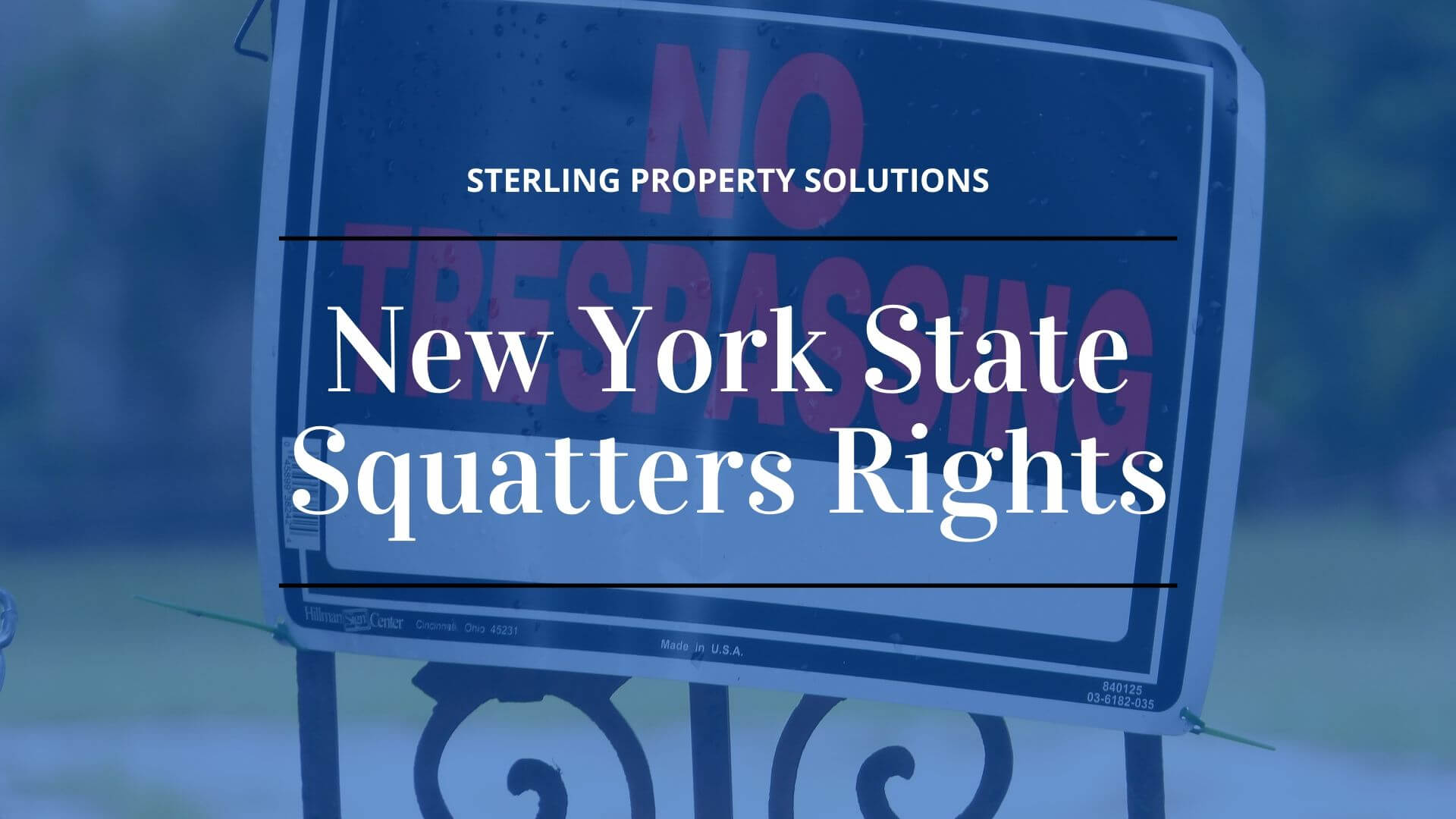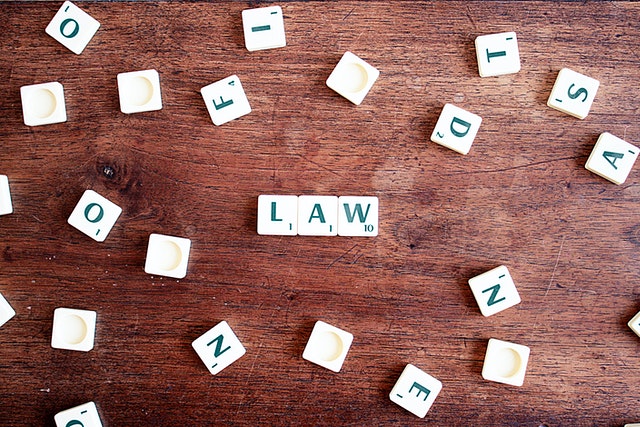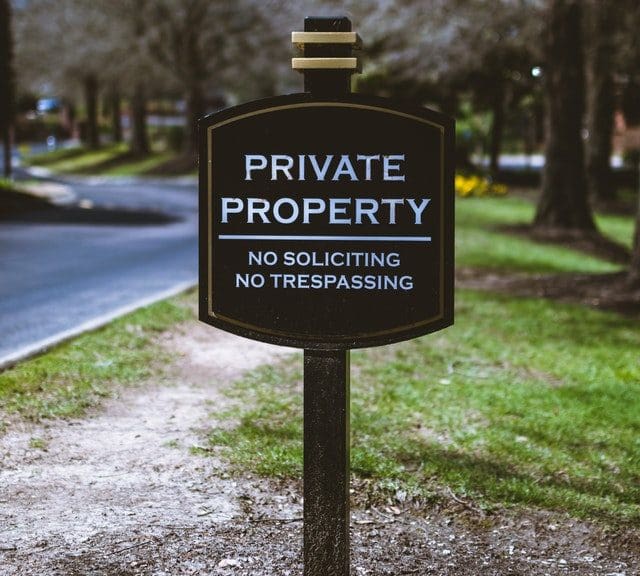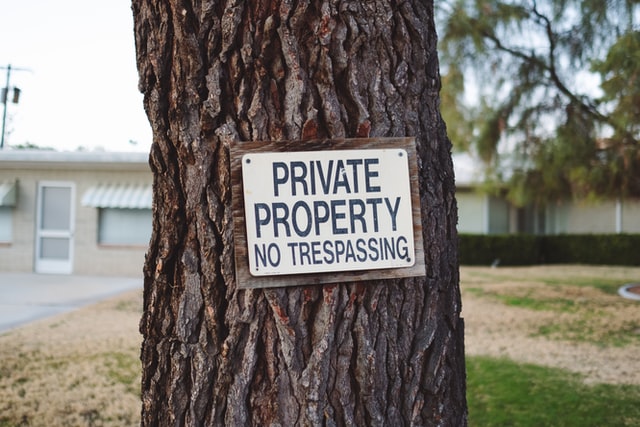New York State Squatters Rights
Dealing with squatters in the state of New York can be difficult and complicated, taking up valuable time and resources. And, due to the complexity of the matter, understanding the relevant laws is critical.
In this blog, Sterling Property Solutions will help you learn the basic rights squatters have in the state of New York.
Who is a Squatter?
If you are like most people, then you probably think of a squatter as someone that moves into a property and begins living there without the owner’s knowledge. While that’s true, squatters have many definitions.
Squatting can happen both deliberately and accidentally. The following are the different scenarios that can make someone a squatter:
- Breaking into a building that is foreclosed or abandoned and living there.
- Failing to move out after a lease has expired, even though they have been asked to move by their landlord, and don’t continue to pay rent.
- Erecting a fence around land owned by someone else and incorporating it as part of their own land because they genuinely think that portion of land belongs to them.
Is there a difference between squatting and trespassing?
Squatting and trespassing are not necessarily one and the same. Trespassing is illegal, while squatting is, more often than not, a civil matter. That said, squatting can become illegal if the property owner or landlord has determined that a squatter is not welcome.
The following are a couple of things to keep in mind:
- In the state of New York, squatters that have been living in a property for thirty days automatically become legal tenants. Therefore, as the landlord or property owner, working quickly to evict squatters before the thirty days are over is critical.
- Trespassers or squatters can falsely claim a right to reside on a property. They can achieve this by providing invalid or falsified documents to property owners or law enforcement.
Do Squatters Have Rights in NY?
- The law gives squatters some basic rights. They do not have the same rights as tenants, however, and their rights are only valid so long as they fulfil all adverse possession requirements. Otherwise, they can qualify as criminals and be arrested.
- A homeless person may try gaining ownership of a property by taking advantage of squatters’ rights. That’s because, as squatters, they will not have any responsibility to pay rent.
Exceptions to these rules, however, exist. They are as follows:
- A person may be able to avoid being prosecuted for trespassing if they beautify the land they have trespassed on. The beautification may involve doing things like landscaping, clearing debris, or planting flowers.
- A person may exempt themselves from a trespassing charge if they are able to show they did so as a result of an emergency.
- For a squatter to start the process of an adverse possession claim, the property in question must not be in use.
How can a squatter in New York gain possession of a property?
Squatters can become the legal owners of a property after residing there after a certain period of time. In the state of New York, a squatter can make an adverse possession claim after the continuous occupation of a property for at least 10 years. (NPA § 501, et seq).
If a squatter makes a legal claim to a property, they have permission to reside on the property and are no longer criminal trespassers.
In the United States, before squatters make adverse possession claims, there are 5 unique legal requirements they must meet. They are as follows:
1. Open & Notorious Possession
Here, the squatting must be obvious. Even the legitimate owner should be able to tell that there is a person squatting on the land. In other words, the squatter shouldn’t be trying to conceal the fact that s/he is living there.
2. Hostile Possession
The word ‘hostile’ in this case doesn’t mean that the claim must be dangerous or violent. Hostile, in a legal sense, has 3 unique definitions that different states use: simple occupation, awareness of trespassing, and good faith mistake.
Let’s examine these further:
- Simple occupation: Most states follow this definition. In this case, “hostile” is defined as a mere land occupation. The person trespassing does not have to have prior knowledge of who the land belongs to.
- Awareness of trespassing: With this rule, the person trespassing must be aware of their actions are trespassing. They must know that they are breaking the law by trespassing on that land.
- Good faith mistake: This rule is followed by a relatively few states. Here, the trespasser must not have knowledge of the legal status of the property by relying on an incorrect or invalid deed.
3. Continuous Possession
With continuous possession, the squatter must reside on the property in question for an uninterrupted amount of time. In New York, that is 10 years. They cannot use it for a couple of years and then return to it later claiming adverse possession.
4. Exclusive Possession
The person trespassing must be the only one claiming possession of the property. If they are sharing the property with other strangers, squatters, tenants, or even the owner, their claim becomes invalid.
5. Actual Possession
Under “actual possession”, the person trespassing must be physically present on the property and treat it as if he/she is the actual owner. One example that can indicate actual possession is beautifying the land by planting flowers or clearing any debris.
How do you Prevent Squatters from Accessing your Property?
- Regularly inspect your property.
- Ensure your property is secure by blocking all entrances.
- If your property is currently unoccupied, then make sure to erect “No Trespassing” signs.
How to Evict a Squatter in New York?
- Notify any squatters as soon as they occupy your property. The notice must be written.
- Consider renting the property to the squatters and have them sign a lease agreement.
- Seek the sheriff’s help whenever looking to remove a squatter from your property if they don’t agree to your terms.
- Seek the services of an experienced attorney or property management company when you have exhausted all other options.
There you have it: Everything you need to know about squatters’ rights in the state of New York. If you have more questions or need further clarification, Sterling Property Solutions can help. Keeping your property cared for and occupied by quality tenants is our #1 priority.




